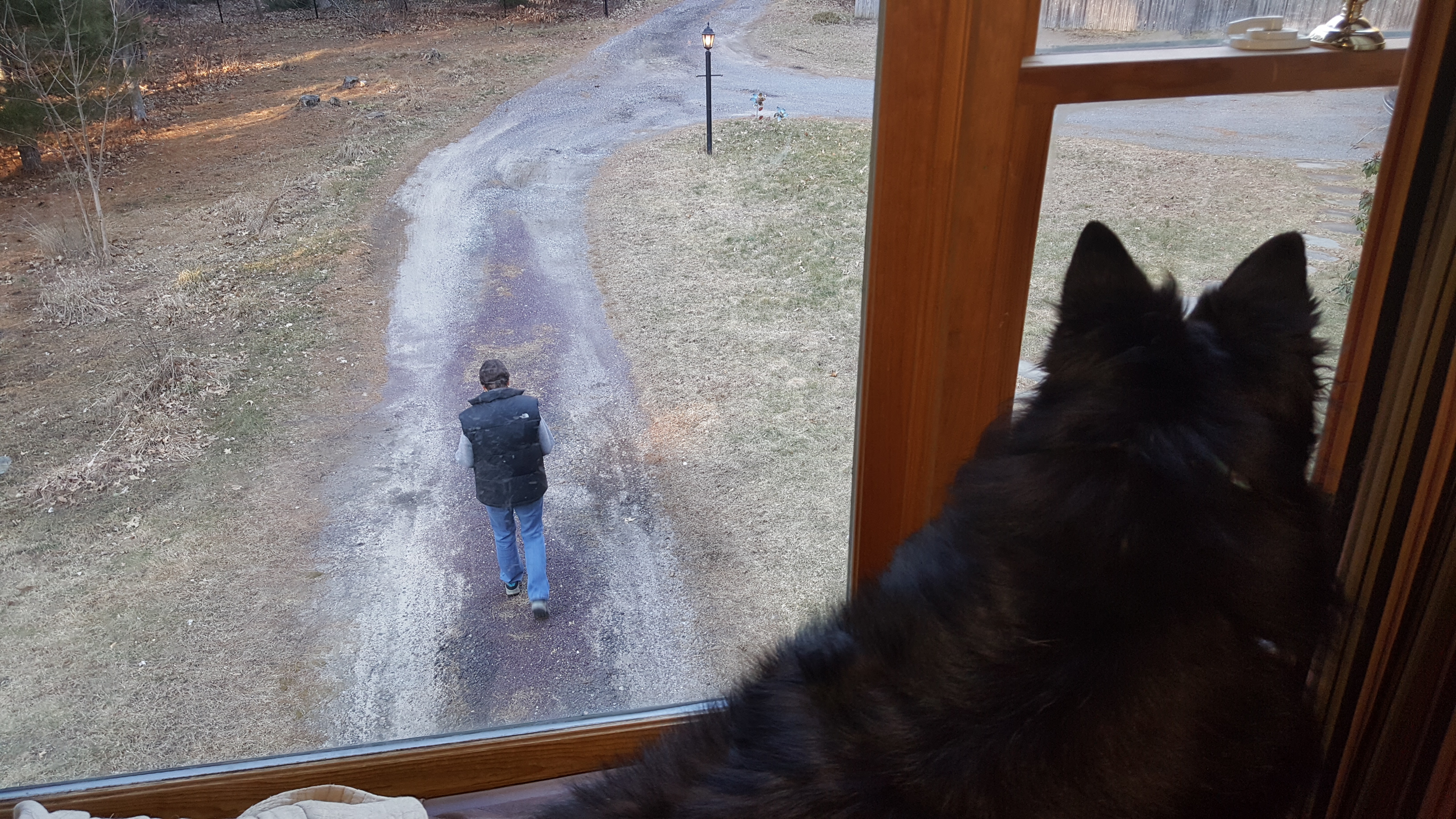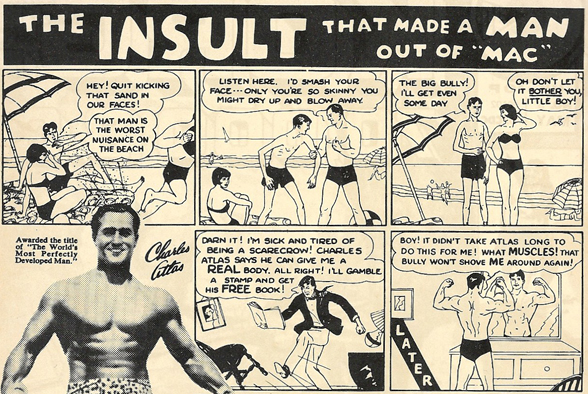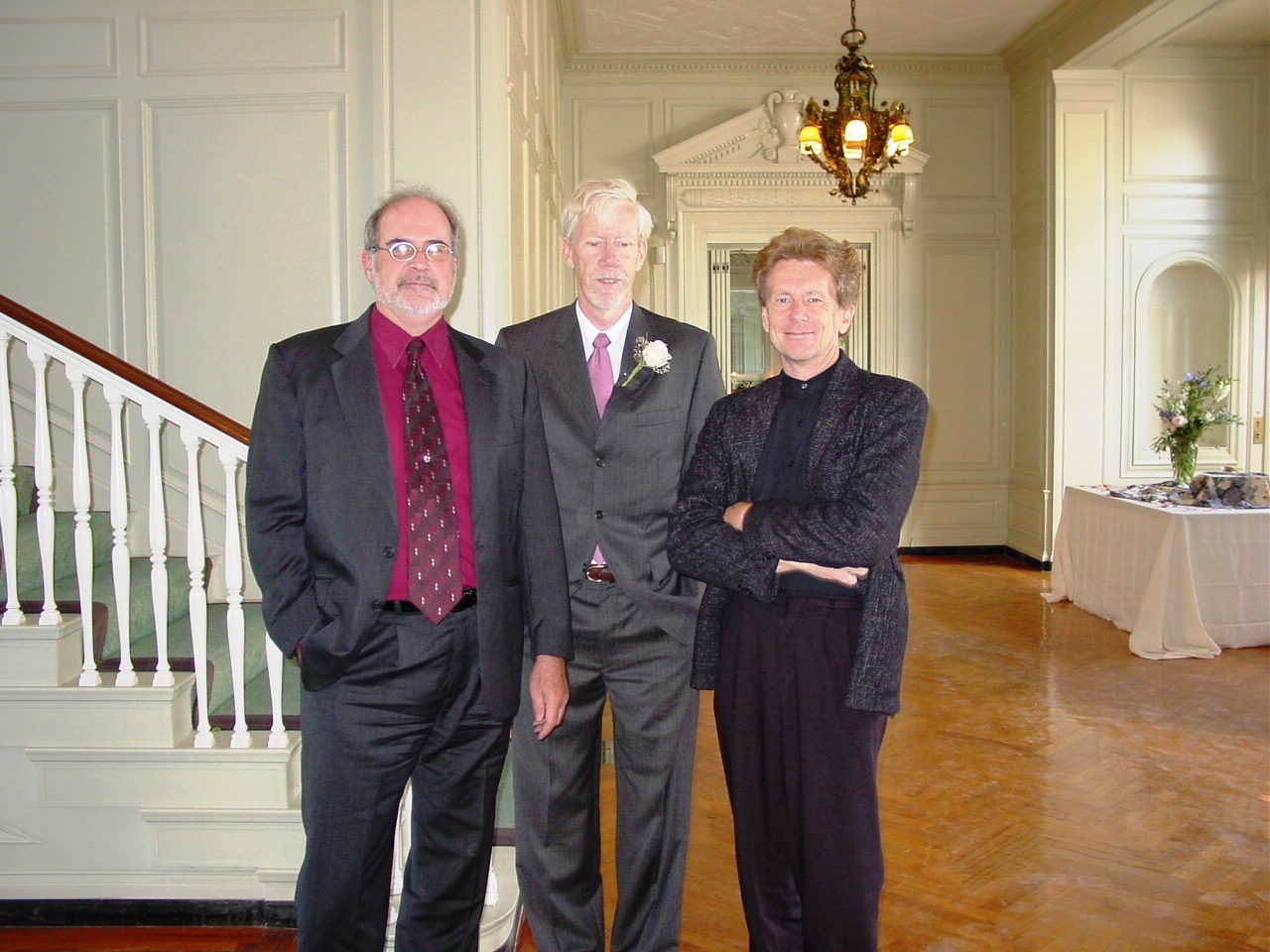Welcome to the Wakefield Doctrine (the theory of clarks, scotts and rogers)
To paraphrase an old saying, “When the teacher is in need of re-energizing, people will ask questions’
Friend of the Doctrine, Mimi, had a question in her comment on yesterday’s post…(the one that was, actually, an eleven minute video of me talking about a doctors visit and the Doctrine (of course)
Mimi: “Do Scotts get easily offended that other people have different opinions? Is that part of conquest, to make everyone think the same way you do? If so, that would explain a lot about a person i know.“
Good question for two reasons: a) the basis of understanding of the above is true of scotts requires appreciating how they (scotts) relate themselves to the world around them and, 2) the answer will enhance (your) facility at identifying the three personality types in your everyday world.*
In a sense, the best answer to Mimi’s question is ask, are we sure they’re a scott. This (question) is the foundation of good Doctrine practice. And, to try to keep this ‘answer’ intriguing, I will add ‘the reason this is good practice is because applying the principles of the Wakefield Doctrine is a lot like playing a musical instrument (including voice).
All people have the power to do things that will offend others. Which is almost the same thing as saying, ‘Everyone can take offense at the action of others.’**
(btw: my favorite approach to a quick read of a person’s predominant worldview (i.e. Outsider, Predator, Herd Member) is: eliminate the obvious, no-fricken-way-theys-a-clark/scott/roger right off the bat. The resultant, side by each comparison, simplifies the process, thereby speeding it up.)
Seeing how its rare that, after eliminating the obviously-not personality type, we’re left with a clark and a scott, lets assume you gots a brother-in-law (or whoever the putative scott in your question is) who might be a scott or a roger. Comparing the scottian worldview (Predators) to the rogerian worldview (Herd Members), what are the big differences? For rogers in a social interaction, everything is personal but not necessarily important; for scotts every interaction is important but rarely personal.
Being the Predator, a scott is ever alert1 to the people in their environment2 Now, lets say there’s one person who is standing out from the crowd, offering high volume opinions. This is where the fun of the Wakefield Doctrine really is,
…imagine the African savannah… maybe its mid-morning. The lion is in the shade of a Acacia tree. A slow-moving herd of antelopes passes by, a dusty flag signals their leaving the watering hole. The lion has fed her cubs, who are now dozing. Suddenly there is laughter in the distance. Hyena!! The lion notices and watches. The hyena is young, hungry and not too bright. The lion and lioness mate drop soundlessly to the ground, and step out of the shade, in clear view of the approaching animal. The hyena’s friends convince him to back away quietly. The lion and lioness return to the shade.
So! The answer is: ‘No a scott will not be offended (if by offended you mean, ‘take it personally’) at virtually anything anyone says.’ They, (the scott), might, if they’re bored enough, engage the person, you know, to have a little fun with their clearly outrageous opinions. This serves two purposes: its amusing and might cause one of the crowd to step out into the open… you know, the chase is everything.
The Everything Rule says: ‘Everyone will do everything at one time or another.’ Turn that around and say, a scott might encounter a person who offends them. The difference between a scott and a roger or a clark is that, by and large, offense is much more personal for them than it is for a scott.
* Mandatory Wakefield Doctrine User Warning! Experience has shown that once you see the clarks, scotts and rogers in your world, you may become unable to not see the clarks, scotts and rogers in your life.
ya know?
** who said that? Cynthia? Denise? Lizzi? …. “The Everything Rule!! The Everything Rule!!” You are all correct. Mimi is asking the question, lets let her come to the conclusion on her own, thank you very much.
1) one of the easiest and surest identifiers is what we refer to as the scottian gaze, the way all scotts have of being aware of their environment, they are never not paying attention
2) handy tip for identifying the scott(s) when you’re at a gathering of people you really don’t know: the scott will, interact with everyone there, will be confident and will ‘push everyone on the shoulder‘… figuratively (mostly lol). A primary drive for scotts is to establish ranking (their social ordering being that of a pack) wherever they are, even if they’ve been there before… the shoulder pushing (or comparable challenge) is how they accomplish this








